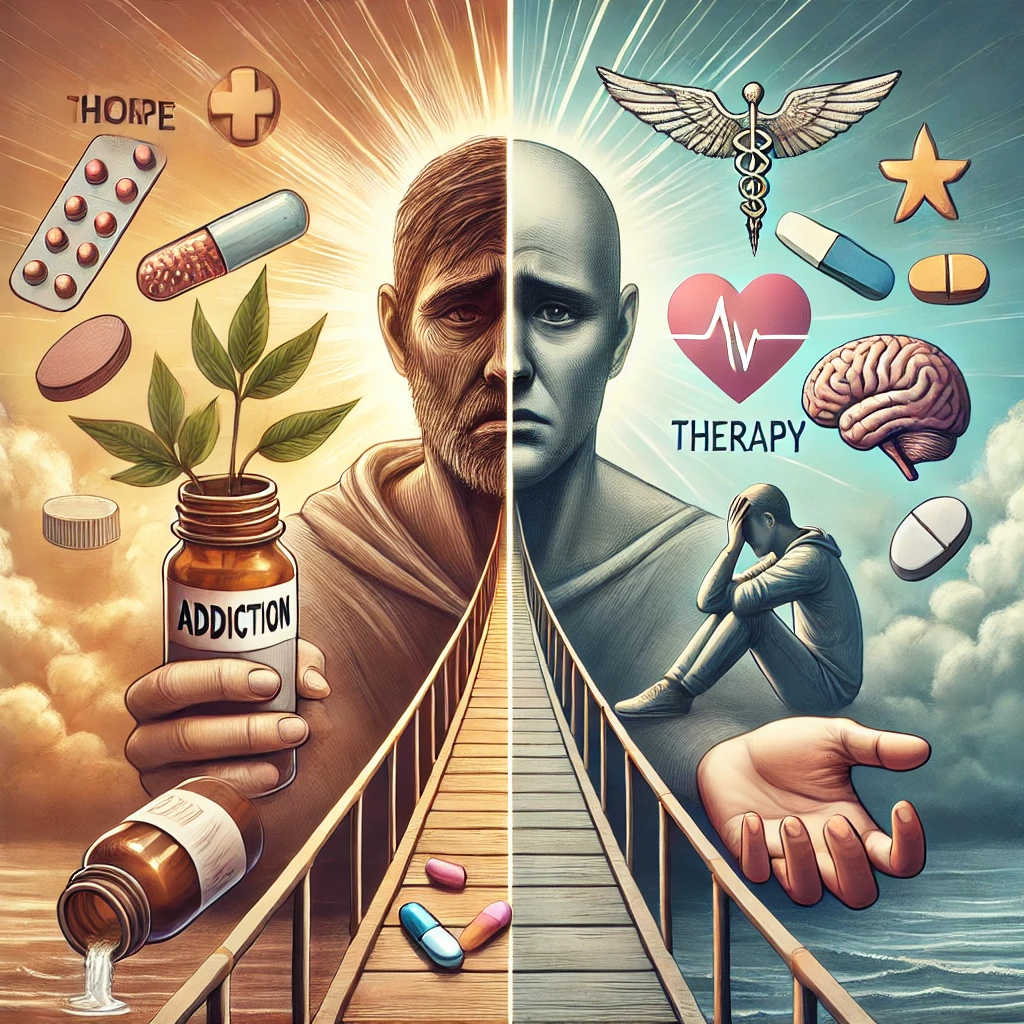
The Connection Between Mental Health and Addiction
The relationship between mental health and addiction is complex and deeply intertwined. Many individuals struggling with addiction also face mental health challenges such as depression, anxiety, PTSD, or bipolar disorder. Understanding this connection is crucial for effective treatment and long-term recovery.
How Mental Health Issues Lead to Addiction
People experiencing mental health struggles often turn to substances as a way to self-medicate. For example:
- Someone with anxiety may use alcohol to feel more relaxed in social situations.
- A person dealing with depression might rely on drugs to numb their emotional pain.
- Those with PTSD may turn to substances to escape traumatic memories.
While substances may offer temporary relief, they ultimately worsen mental health symptoms, creating a vicious cycle of dependence.
How Addiction Affects Mental Health
Addiction can lead to or worsen mental health conditions due to its impact on brain chemistry, relationships, and daily life. Some of the ways addiction contributes to mental health struggles include:
- Chemical Imbalances: Drugs and alcohol alter brain function, leading to mood swings, paranoia, or psychosis.
- Increased Stress: Financial problems, broken relationships, and legal issues from substance abuse create significant emotional distress.
- Isolation and Shame: Addiction often leads to feelings of guilt, loneliness, and worthlessness, intensifying conditions like depression and anxiety.
Breaking the Cycle: The Need for Dual Diagnosis Treatment
Since addiction and mental health conditions are often connected, treating one without addressing the other can be ineffective. Dual diagnosis treatment focuses on healing both addiction and mental health issues simultaneously through:
- Therapy: Cognitive Behavioral Therapy (CBT) and other counseling methods help address negative thought patterns.
- Medication Management: For some, medications can stabilize mental health symptoms and reduce cravings.
- Support Groups: Community support from groups like Alcoholics Anonymous (AA) or faith-based recovery programs provides accountability and encouragement.
- Healthy Coping Strategies: Developing habits like exercise, meditation, and spiritual growth can help replace harmful behaviors.
Conclusion
Understanding the deep connection between mental health and addiction is essential for healing. Whether for yourself or a loved one, seeking professional help, building a support system, and addressing both issues together can lead to lasting recovery. Remember, hope and healing are always possible.

